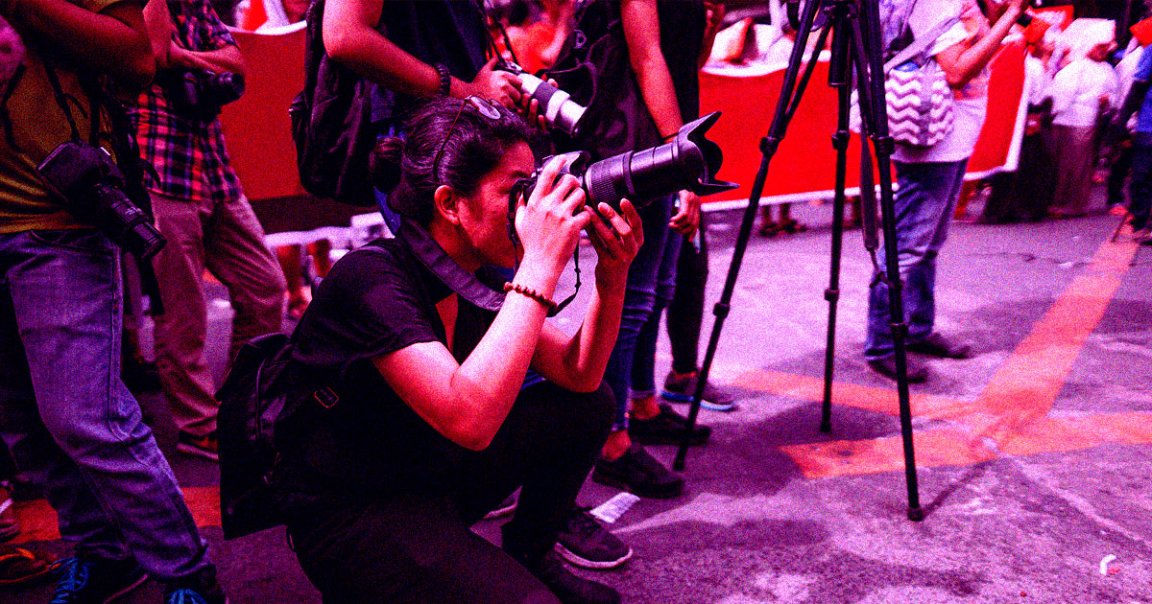
Stamp of Approval
On Thursday, camera maker Leica unveiled its new M11-P camera that comes equipped with authentication technology to certify that photos taken with it are not manipulated. In an era of AI fakery, the German camera brand wants to ensure that people know its photos are the real deal.
“In our digital age, the challenge is discerning authentic imagery from manipulated content,” an official product announcement reads.
“While advancements in AI and generative imagery have value in the creative arts, their potential misuse in the realm of journalism clouds the trustworthiness of visual media,” the statement reads. “It is essential, now more than ever, to ensure that the public can trust the authenticity of the images they consume.”
Intended for photojournalists rather than the average consumer, the M11-P retails for a hefty $9,125 — but such is the price of credibility in this day and age, it seems.
Faith In Photos
The proliferation of AI-generated material has made discerning truth from fiction a nightmare. The authenticity of images in particular has been undermined, as generators like Midjourney and DALL-E 3 can produce frighteningly lifelike photos that can even show up in Google’s top search results.
Leica’s watermarking technology could be a way of restoring some credibility to the medium. If a user enables the feature on the camera, the M11-P tags each photo with a specialized metadata system known as Content Credentials. It essentially uses a form of hashing, which can not only prove the file’s authenticity, but log any future alterations made to it.
With the M11-P, its Content Credentials can be checked by using the Leica FOTOS app or by using the Verify feature on Content Credential’s website.
This digital credential system is designed to adhere to standards provided by the Content Authenticity Initiative (CAI). Founded by Adobe in 2018, the initiative is pushing for an open standard “for content authenticity and provenance” across the media and tech industry.
So far, CAI has some pretty notable members, including the Associated Press, the BBC, Reuters, and Microsoft. For its standards to be meaningful — and to be understood by an image-skeptic public — they’ll need to continue to be broadly adopted. Leica’s new product could pave the way to getting the camera industry onboard.
More on AI: OpenAI Team Tasked With Stopping AI From Triggering Nuclear Armageddon